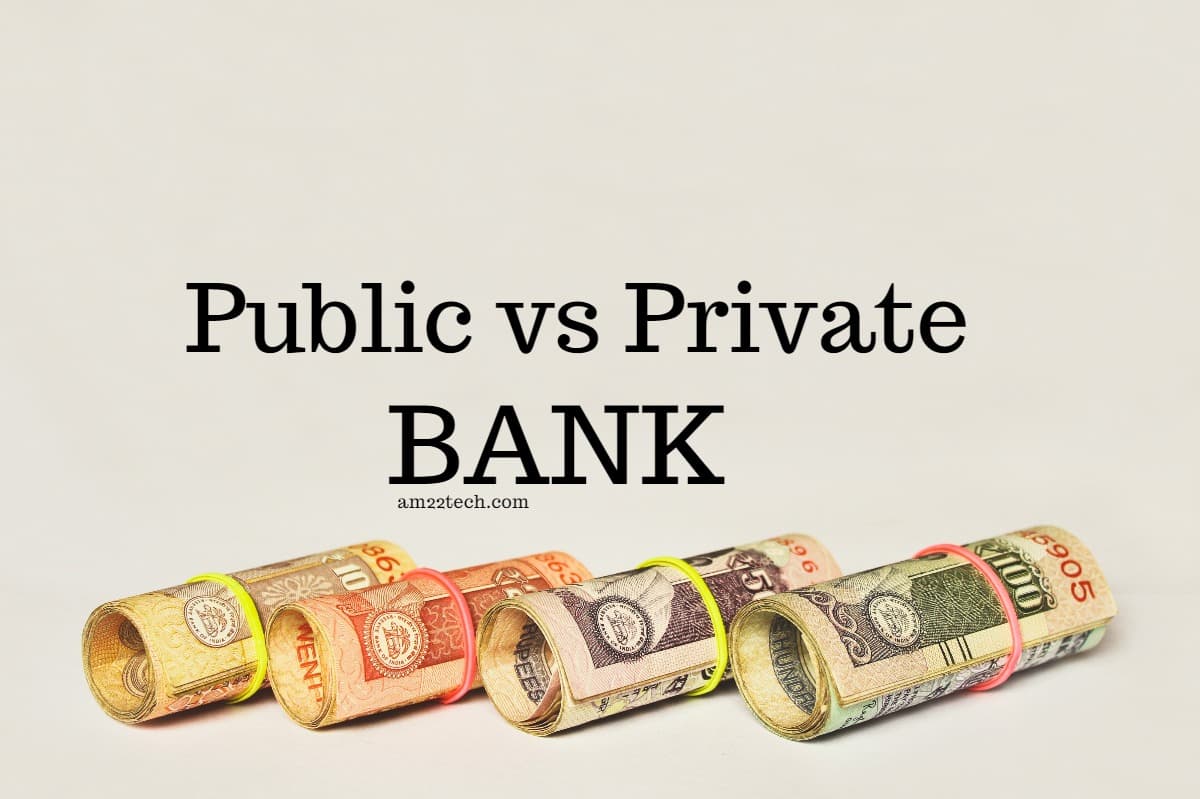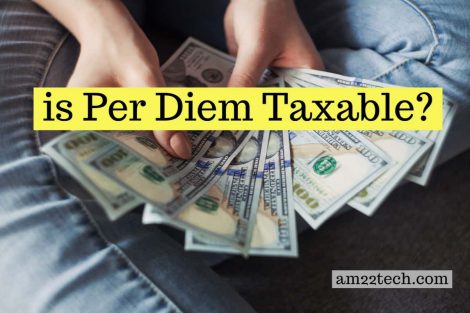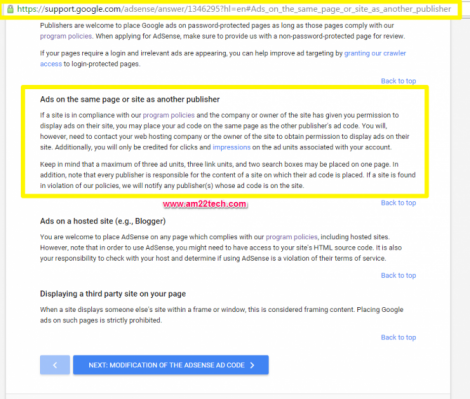The difference between taking a loan from a public sector bank and a private bank is huge. The young generation always prefers private banks whereas our parents would always guide us to get it from a public sector bank.
I would take the example of a home loan to compare the two types of banks since most of the terms and conditions remain the same for all types of loans.
NRI settled or working in countries like the US, UK, Canada, or Australia also prefer private bank home loans due to their ease of approval and online application process. Note that if you cannot visit India personally for signing bank loan papers or registering the property, you will need to create a special Power of Attorney attested by the Indian Embassy.
Most states in India require that POA should be registered in India too. Find Sample Power of Attorney here.
We compare the Private Sector Bank (E.g ICICI, HDFC, Citibank, etc.) with the Public Sector Bank (E.g. SBI, PNB, etc.) to understand their loan policies.
This article will discuss:
Bank Processing fees
This fee is charged to analyze, evaluate, and do the paperwork for your loan processing. Even though the bank is selling you the product, they don’t take this cost on them.
Private Bank
Method 1: Lump sum amount based on the amount of loan (e.g. INR 5000 for loans up to 20 lakhs)
Method 2: Percentage of the total loan amount (0.25% of the total loan amount).
Most of the private sector bank depends on their DSA (Direct selling agents) to get the loan consumer to their doorstep, they generally keep this fees high (like 0.50% – 1% ) to pay a cut of this fees to their agents.
Government Bank
They are NOT aggressive in entertaining DSAs and hence have their processing fees generally low and starts from 0.25% or a fixed amount.
So, approach them directly if you want to save some money.
Paper work, efficiency and turnaround time
Private Bank
Better management and faster processing times than their counterparts. Their DSA’s have strict sales target every month and hence move faster to reach sales goals.
Government Bank
They are NOT bothered about their performances most of the time. So, they move a lot slower but are steady in their process.
Interest rates fluctuation
Private Bank
Interest rates are increased by the private bank as soon as RBI (Reserve bank of India) increases its REPO rate, but does NOT decrease with the same speed at least for existing loan customers.
Government Bank
The interest rate policies are more transparent in public sector banks than private banks.
They keep the same policies for all loan customers and the decreased rate is effective for existing customers also almost immediately.
Prepayment charges
Private Bank
Read the terms and conditions carefully, they DO NOT allow you to prepay the loan without the prepayment charges. Obviously, they are losing interest money if they allow you to prepay.
So, to mitigate the loss, they generally charge you 2% of the OUTSTANDING loan.
Yes, I said OUTSTANDING. i.e. if you have an outstanding loan of 10 lakhs and you are making a prepayment of 2 lakhs, you need to pay them 2% of 8 lakhs as pre-payment charges.
That’s a whopping Rs. 16,000 penalty to reduce your loan by 2 lakhs.
Government Bank
Public sector banks do NOT charge you a penny to prepay (read their terms and conditions). So, they score a plus point for me here.
Prepayment Period
Private Bank
Normally, they add a clause that you cannot pre-pay ANY amount before completing 180 days (6 months) of your loan. Clever…because the EMI’s are designed in a way that the interest portion is maximum at initial stages of the loan, this helps the bank earn maximum interest before you actually make any pre-payment.
Government Bank
Good news: They do NOT have any such clause. You can start pre-paying from day 2 of the loan itself.
At-least I do not know of any bank which has a minimum period clause in this space. Another big plus towards public sector banks.
Pre-payment Penalty Amount
Private Bank
They are too concerned about pre-payments as it is a loss of income. Generally, you cannot pre-pay more than 25% of outstanding loans in a single year. i.e. if you have taken a loan of 10 lakhs, you cannot pre-pay more than 2.5 lakhs in a single year.
Government Bank
Again, no such clause here. You can pre-pay any amount which you like.
This is helpful if you have got some lump sum amount from some other source of income and want to reduce your loan.
Charges for dealing in branch office
Private Bank
Got the loan, but don’t come to the branch. If you do, you will be charged for any transaction you do at their branch. Most of the private sector banks charge an amount of Rs. 100 plus tax for entertaining you at their branch after a certain number of visits.
They want you to use their ATMs and online banking to transact. Of course, it saves the cost of its operations.
Government Bank
No such policy here again. Visit them any number of times and they will be able to help you.
Choose Private Bank or Government bank for home Loan?
After all, a loan is a product that the bank is selling to its customer i.e. you. They need to make a profit out of it else, it does not make any sense to do business for them.
But as a customer, you should try to buy a product whose cost is as low as possible in both the short and long term. So, make a wise decision considering the above facts.
My suggestion is to get a home loan from SBI and use their Maxgain account as it helps you save a lot on interest.
There are lots of charges involved in a loan that are incurred at the beginning and over a period of time. Smaller tenure loans do not hurt much but for home loans, where the tenure is generally 20 years, you should take great care for the above-mentioned points.
For example, if you really want to close the loan much earlier than the actual loan tenure by making pre-payment occasionally, you should keep the pre-payment charges, period, and amount in mind.
You may want to go through the costs of buying an Apartment in India with government taxes piling a huge cost in your pocket.




